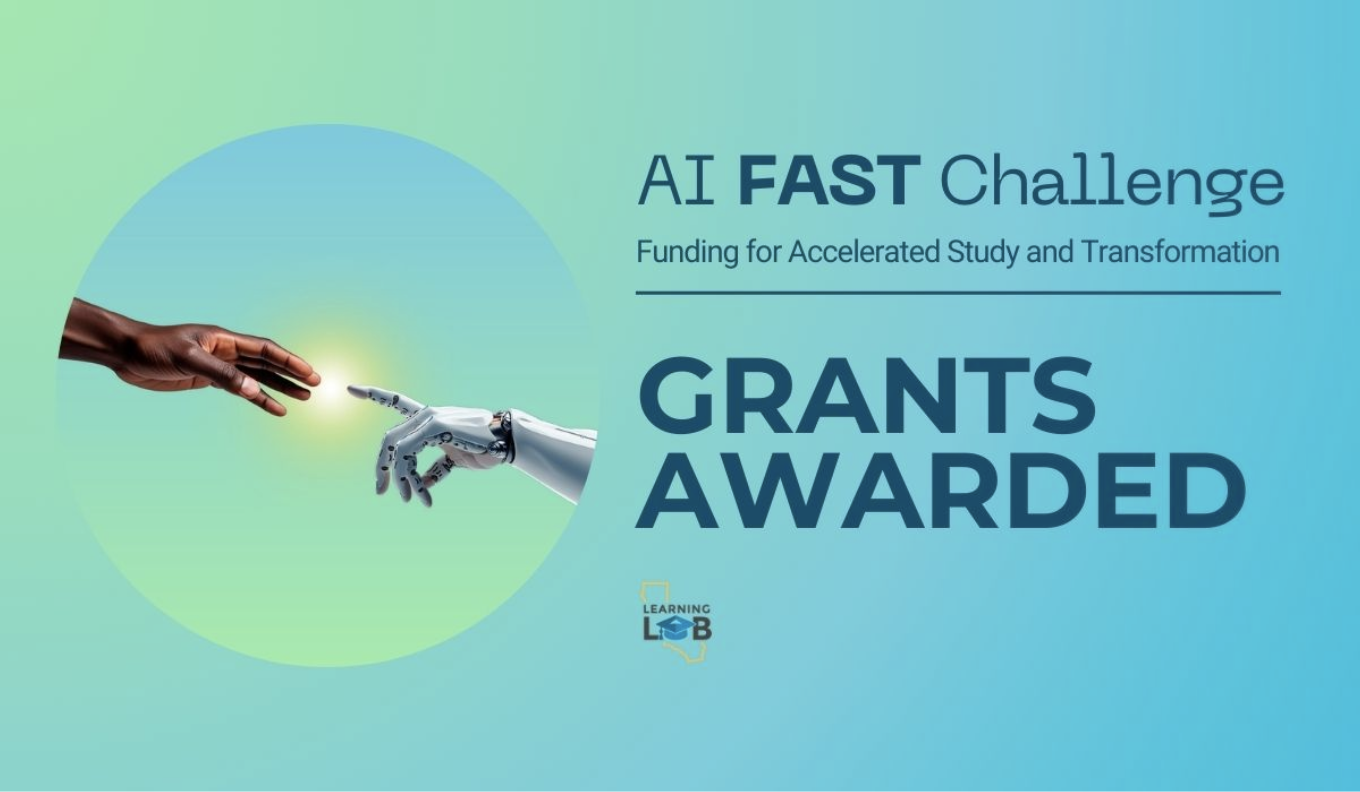San Francisco State University has engaged the campus with GenAI programming delivered under the theme of “Sensemaking through Community.” Our bottom-up approach has been successful at creating awareness and campus discussion about GenAI while highlighting pockets of effective GenAI uses in the classroom. Led by the Center for Equity and Excellence in Teaching and Learning (CEETL) and Academic Technology (AT), a series of workshops, individual and department consultations, support materials, campus guidance & policy, and a central website were produced last year.
We believe that department-level engagement is key for our campus to building AI literacy and preparedness for ongoing AI discoveries. We also believe that building guidance from the ground-up through our community sense making approach can be a national model for campuses like ours, where budgets are tight and teaching loads are high.
In this study, we propose to do a needs assessment to determine levels of faculty preparedness for GenAI at SF State. Interview data from department chairs will help us build an AI readiness audit tool. One can find many such tools for the technology sector but none exist for higher education yet. This tool would then enable departments and individual faculty to pilot, assess, and identify needs for the use of GenAI tools within their courses and curriculum with a critical and responsible-use lens. The audit tool will provide the scaffolding for a canvas-based course shell, which will be used by faculty participating in teaching squares.
Through the teaching squares, faculty will come together in groups of their choice: departmental, interdisciplinary, or area-focused (such as writing, coding or critical thinking). Teaching squares will also provide a space and structure for faculty to engage in pedagogical exercises, develop student guidance on GenAI, revise curriculum, and investigate discipline impacts and workforce preparation needs for their majors.
Findings from this study will help us create professional development tool kits, ongoing trainings, and workshops as well as an AI-readiness methodology for faculty, departments, and academic organizational structures. It will also help build a critical mass of academic departments on our campus that can harness and benefit from GenAI applications in teaching and learning.
The Logic model provides the project plan, deliverables and short term and long-term outcomes.

AI Faculty Learning Community-Spring 2026

The Center for Equity and Excellence in Teaching and Learning and Academic Technology invite faculty members to submit a letter of interest (in 250 words) in joining a faculty learning community (FLC) this spring semester to explore AI-related topics more deeply using this form.
Topics identified are:
a. Teaching research methods courses in the age of AI
b. Can AI help with instructional tasks?
c. AI and coding for curriculum, teaching and student preparation
d. Foundational knowledge about genAI and Critical AI Literacy that all faculty should know for teaching.
e. Suggest your own.
FLCs constituting 4-5 members will meet weekly and spend 8-10 weeks researching and experimenting on one of the topics listed above. The FLC members will be paid a modest stipend. Amount will be determined based on response.
By the end of the 10th week, the group will be expected to submit:
1. Written recommendations and best practice suggestions for the courses you teach
2. Examples of experimentations (in and out of class) with self-reflections of what worked, what did not in written or video format.
3. Research articles and readings that influenced the FLC’s work
4. Assignments, lesson plans and instructor reflections to share with colleagues
Please use this Qualtrics form to submit your letter of interest. Please indicate if you’d like to lead the group. Since funding is limited, we will consider suggestions beyond those listed only if there is substantial interest.
Please apply by 5pm on February 6, 2026.
This is a time limited and grant funded opportunity. Spots are limited. This submission form will promptly close at 5pm on February 6th. Emailed submissions will not be accepted.
Please use this form to submit your letter of interest.

Team
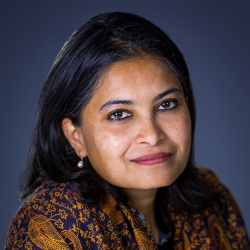
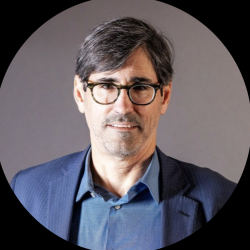
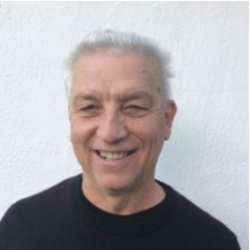
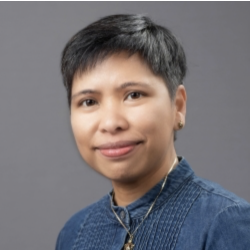

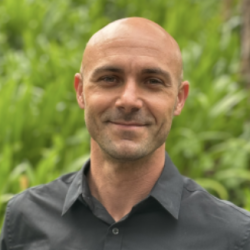
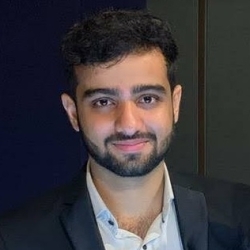


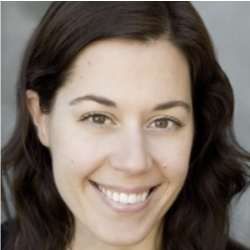
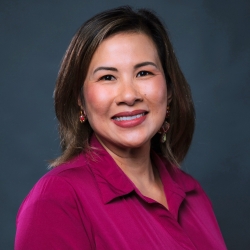
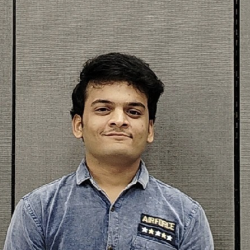



Goals


This study is funded by the California Education Learning Lab through an AI FAST Challenge: Funding for Accelerated Study and Transformation
To remain at the cutting edge of teaching, learning, and workforce development in this age of GenAI, San Francisco State University, a minority-serving institution located in the heart of the AI revolution, will use this AI Fast Challenge grant to facilitate faculty development and academic department readiness, by supporting inter-faculty and inter and intra-department collaborations, leading to the discovery and development of necessary processes, policies, curriculum, pedagogical support, tools, and technical training, with a critical, equitable and ethical lens.
